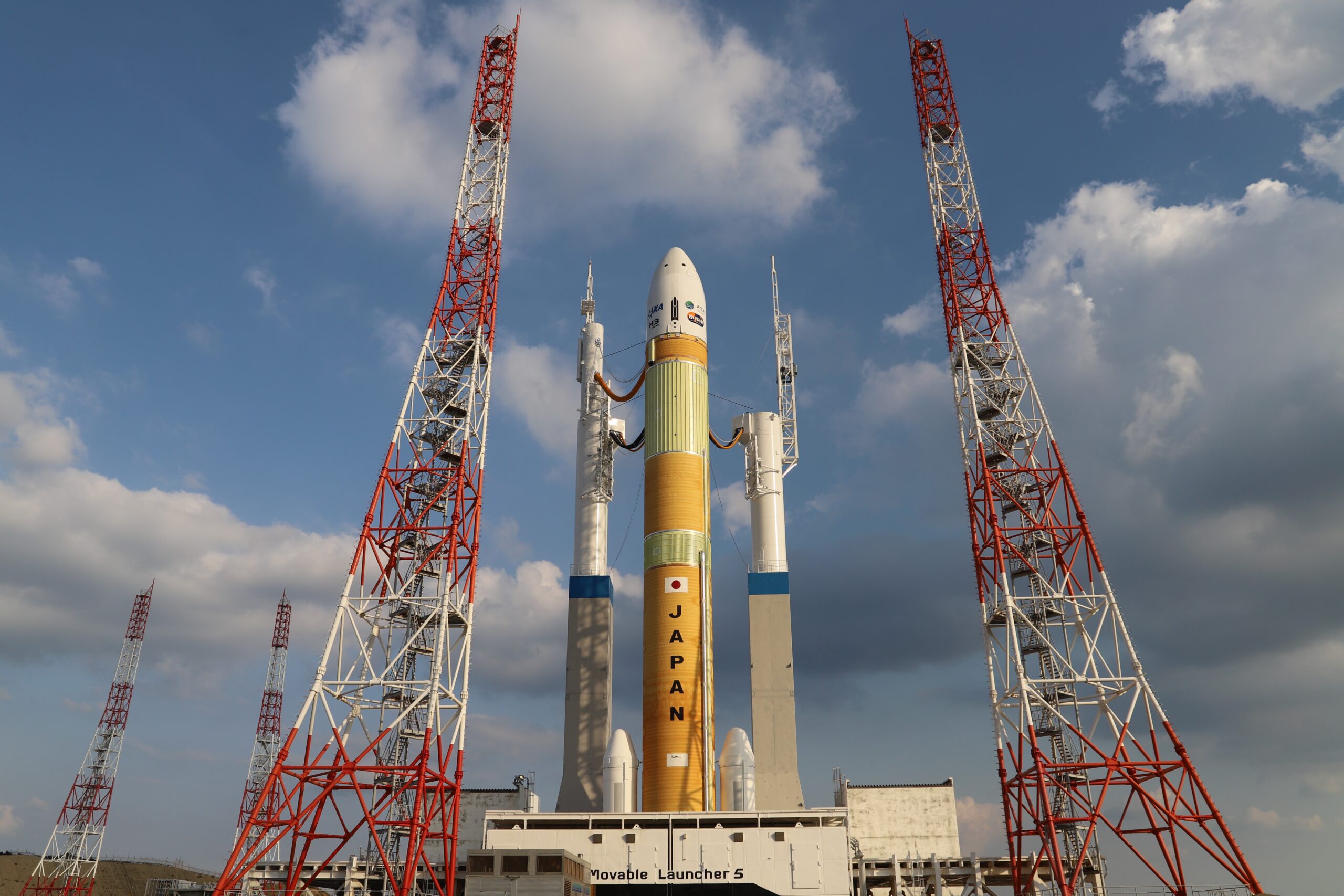BAKU, Azerbaijan — The Japan Aerospace Exploration Agency is working on plans for a new, large and reusable launch vehicle as the core of its future space transportation plans.
The launcher will be designed jointly by JAXA and Mitsubishi Heavy Industries (MHI). It is to be reusable while also increasing payload capability and decreasing launch cost.
The move is sanctioned by Japan’s basic plan on space policy, which was revised June 13 this year. The plan notes research and development on a next generation rocket to follow the new H3 rocket.
“According to the basic plan on space policy, JAXA started research on a new generation rocket which has a function of reusability of the first stage with MHI,” JAXA Public Affairs department told SpaceNews via email.
H3 is an expendable rocket intended to be a more capable and cost-effective successor to the H-2A rocket. It had its first flight in March, but a second stage issue resulted in loss of the mission. Both rockets are powered by liquid hydrogen-liquid oxygen propellant mix.
The fuel choice for the new rocket is however being studied. “Liquid methane is one of the candidates as well as liquid hydrogen,” JAXA said.
Rocket companies in the U.S., including SpaceX, Blue Origin and ULA, and Chinese state-owned CASC and commercial firms Landspace and iSpace, have launched or are close to launching methane-liquid oxygen launchers.
JAXA said it is targeting reducing cost per kilogram to low Earth orbit (LEO) by about half compared to H3. It will also allow an increase in launch frequency. Few details are so far set stone.
“The targeting payload capability is not fixed because JAXA and MHI are currently conducting a detailed study of the new rocket.”
The rocket will need to be capable of delivering cargo vehicles to lunar orbit and landers to the surface of the moon, according to the policy document.
The basic plan says the rocket will be ready for the 2030s as part of its space transportation plans. The project could potentially be expanded to support full reuse and human spaceflight.
The space transportation aspects of the plan also create space for privately-developed rockets. Startups including Interstellar are currently working on launchers.
The plan also envisions private space companies and new partnerships boosting Japan’s space transportation capabilities and overall space sector.
